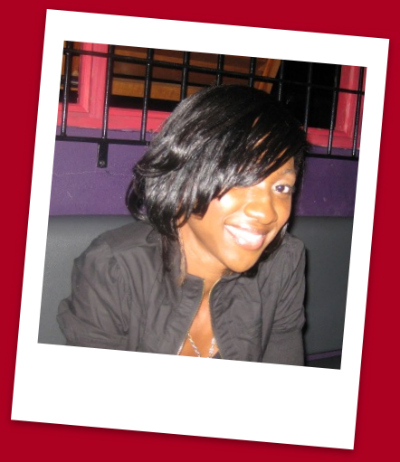“Jamaican and Canadian youths unite for unique HIV/AIDS project”
July 4
An international project has brought together youths from Jamaica and Canada to film a documentary about the youth response to the HIV/AIDS epidemic, reports 25-year-old Keresa Arnold, a Commonwealth Correspondent from Kingston, Jamaica.
The issue of HIV/AIDS is one that has received significant attention since it was first discovered in the 1980s.
With statistics showing that blacks constitute the highest number of reported cases, it is especially important that individuals in the Caribbean are educated about prevention, transmission and treatment.
It is with this in mind that the Ottawa-based Interagency Coalition on AIDS and Development (ICAD), in conjunction with the Somerset West Community Health Centre and the Caribbean Vulnerable Communities (CVC) in Jamaica, joined forces to organize a project that sees young people contributing to an organized response to the epidemic.
The HIV Awareness and Caribbean Diaspora Project, funded by the Canadian International Development Agency (CIDA), brought together 12 youth from Jamaica and Canada to produce a documentary aimed at educating individuals and highlighting the youth response to HIV/AIDS.
“The overarching goal of the project is to raise awareness about the impact of HIV and AIDS, both amongst Caribbean Diaspora communities in Canada and in the Caribbean,” says Layla Rich, senior program officer at ICAD.
“In addition, we hope to strengthen Canada’s contribution to global HIV/AIDS issues by increasing the involvement of the Caribbean Diaspora in Canada, raising awareness within the Caribbean Diaspora in Ottawa of HIV/AIDS issues in the Caribbean and improving the effectiveness of HIV/AIDS programs targeting youth from the Caribbean Diaspora.”
Rich also notes that the project organisers hoped to provide youth with important tools by “promoting a culture of leadership and active citizenship among youth and supporting youth in developing lifelong skills and knowledge.”
David Lewis-Peart, a Canadian living in Toronto, says his decision to become a part of the project stemmed from his interest in learning about HIV/AIDS in the Caribbean. “As a result of being a part of the project however, my sentiment has turned to a more personal one as I’ve come to better know the community of my parents’ birth, as well as find a respect for LGBT [Lesbian, gay, bisexual & transgender] persons living in the region and their ability to thrive in what can for many be a hostile environment at times.”
After two months of intense training, interviews, filming and editing, the 20-minute documentary, which was filmed in the two countries, was produced under the theme “One Blood: Youth Linked In Action”.
For Yannick Hemmings, a Jamaican university student, the project has given her significant knowledge. She says she got involved because of a desire to advance her understanding of video production and to also be a part of a project that would have significant impacts on youth. Undoubtedly, her desire was met.
To complement the documentary, two youth journalists were also engaged to produce a ‘behind the scenes’ look at the work being done. By shadowing the project participants and conducting interviews with them, individuals will get a chance to see the personal impact of the project, why each person got involved and what lessons they will take away from the experience.
There will be screenings of both films in Ottawa, Canada and Kingston, Jamaica, later this year.
…………………………………………………………………………………………………………………
Opinions expressed in this article are those of the author and do not necessarily represent the views of the Commonwealth Youth Programme. Articles are published in a spirit of dialogue, respect and understanding. If you disagree, why not submit a response?
To learn more about becoming a Commonwealth Correspondent please visit: http://www.yourcommonwealth.org/submit-articles/commonwealthcorrespondents/



